Smart Homes and IoT Devices: The Future of Connected Living
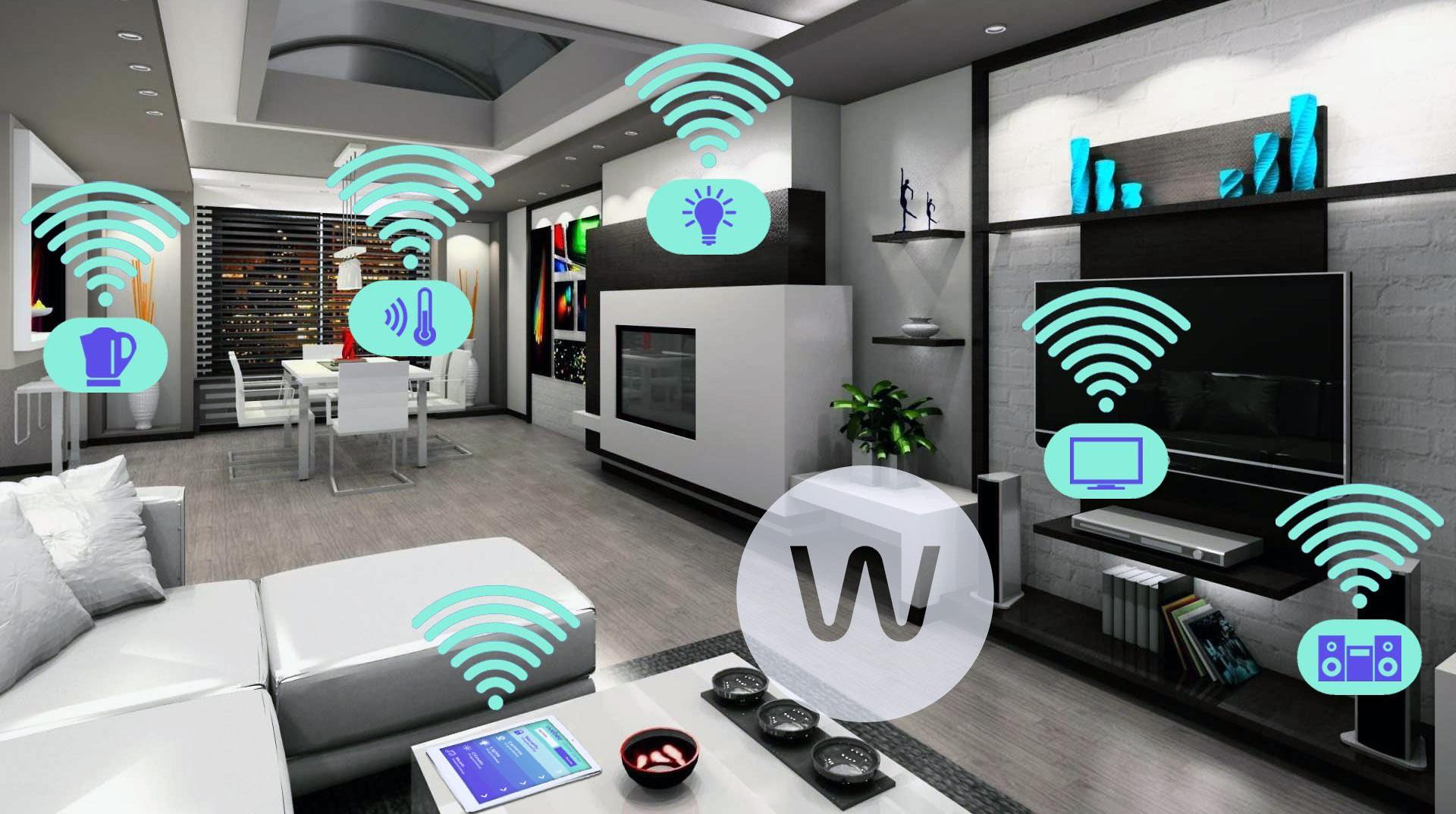
The rapid pace of technological advancement is transforming the world as we know it. From artificial intelligence to quantum computing, numerous trends and innovations are shaping the future of technology. In this article, we will delve into some of the most exciting developments that are set to redefine our lives in the years to come.
Artificial Intelligence (AI) and Machine Learning
Artificial Intelligence and Machine Learning have already made substantial strides in various industries, but their potential is far from exhausted. AI-driven applications, like natural language processing and image recognition, are becoming increasingly sophisticated. Businesses are using AI to automate tasks, enhance customer experiences, and optimize operations. With the growing availability of data and computing power, we can expect AI to continue its march towards even greater capabilities.
Quantum Computing
Quantum computing is another area that holds immense promise. Unlike classical computers that rely on binary bits (0s and 1s), quantum computers use quantum bits or qubits. This enables them to perform complex calculations at speeds that are currently unimaginable. Industries like cryptography, drug discovery, and materials science stand to benefit greatly from quantum computing. Companies like IBM, Google, and Rigetti are already making significant investments in this technology.
Internet of Things (IoT)
The Internet of Things is steadily integrating into our daily lives. From smart thermostats that adjust to our preferences to wearable fitness trackers that monitor our health, IoT devices are becoming ubiquitous. As 5G networks roll out, IoT will become even more powerful, enabling real-time data exchange between devices. This will have a profound impact on industries such as healthcare, agriculture, and transportation.
5G Technology
Speaking of 5G, it’s not just about faster download speeds on our smartphones. 5G technology will be a game-changer for many industries. It will enable low-latency communication, making it possible for remote surgeries, autonomous vehicles, and augmented reality experiences. The rollout of 5G networks will facilitate the growth of smart cities and further connect the world.
Biotechnology and Genetic Engineering
Advancements in biotechnology and genetic engineering are poised to revolutionize healthcare and agriculture. CRISPR-Cas9, for example, allows for precise gene editing, offering the potential to cure genetic diseases. In agriculture, genetic modification can lead to more robust crops and sustainable farming practices. As these technologies mature, ethical considerations and regulations will play a significant role in their development and application.
Renewable Energy and Sustainability
The need for sustainable energy sources has never been more pressing. Solar and wind energy technologies are rapidly evolving and becoming more cost-effective. Battery technology is also advancing, making it possible to store and use renewable energy efficiently. In the future, we can expect a shift towards cleaner, more sustainable energy sources, reducing our reliance on fossil fuels.
Augmented Reality (AR) and Virtual Reality (VR)
AR and VR technologies are poised to transform how we interact with the digital world. Augmented reality overlays digital information onto the physical world, enhancing experiences from gaming to education. Virtual reality immerses users in entirely digital environments, offering new possibilities for entertainment and training. The growth of these technologies will impact gaming, healthcare, education, and more.
Robotics and Automation
Robots are no longer confined to factory floors. They are entering our homes, offices, and even public spaces. The use of robotics and automation is increasing in manufacturing, logistics, and healthcare. Robots are becoming more capable, versatile, and cost-effective, leading to their wider adoption across various industries.
Space Exploration
The future of technology extends beyond Earth’s boundaries. Space exploration is gaining momentum with both government space agencies and private companies investing in missions to the Moon, Mars, and beyond. Technologies developed for space exploration often have applications on Earth, from improved communications to advanced materials.
Cybersecurity and Privacy
As technology advances, so do the threats. Cybersecurity will remain a critical concern in the future. With more data and devices connected to the internet, the attack surface for cybercriminals expands. Innovations in cybersecurity will be necessary to protect our digital lives and sensitive information.
In conclusion, the future of technology is incredibly promising and full of exciting possibilities. From AI and quantum computing to renewable energy and space exploration, these trends and innovations will shape our world in ways we can only imagine. However, with these advancements also come important ethical, regulatory, and security challenges that society must address to ensure that technology continues to benefit humanity.

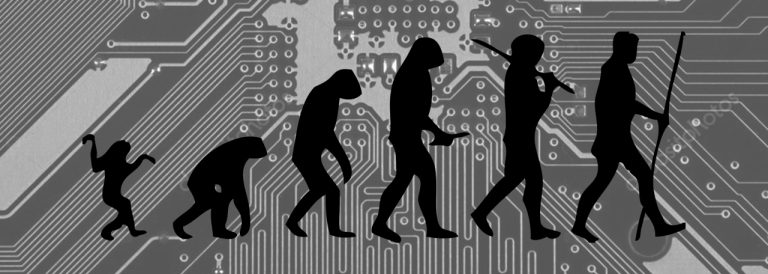
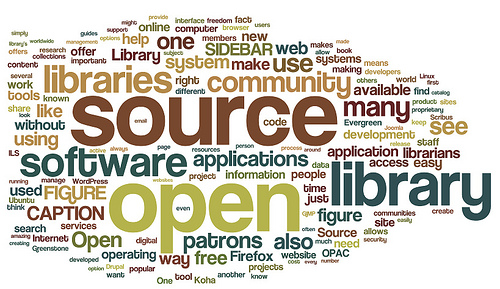
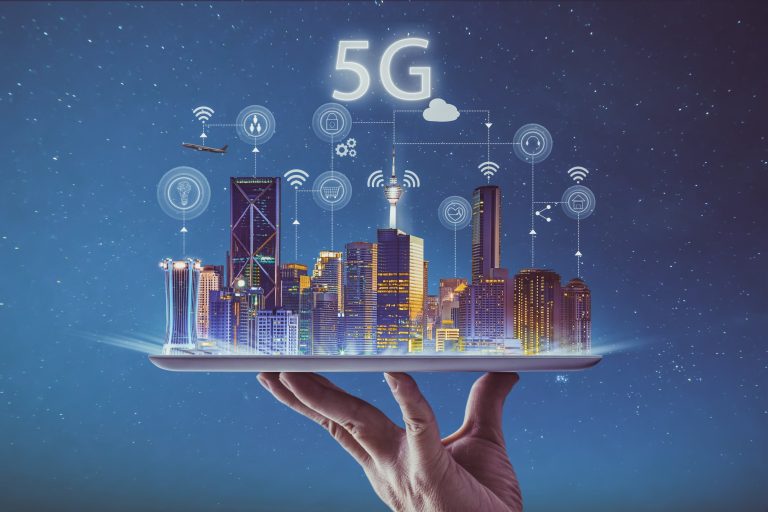

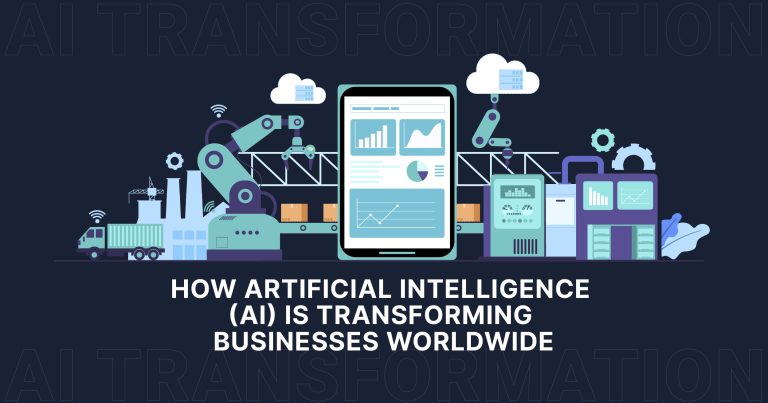
+ There are no comments
Add yours